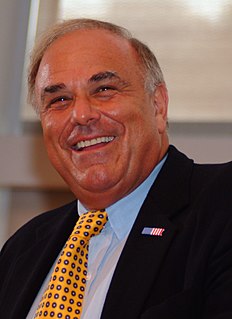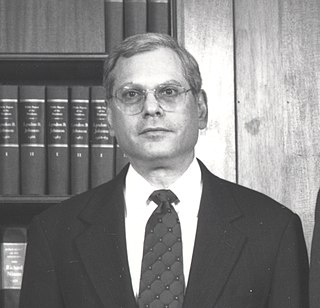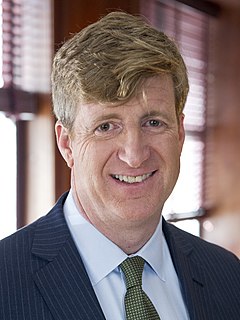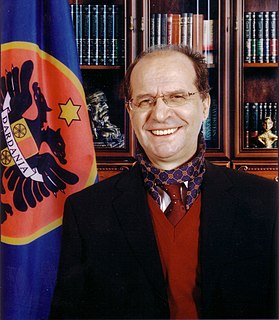A Quote by Arthur Levitt Jr
Today it's fashionable to talk about the New Economy, or the Information Economy, or the Knowledge Economy. But when I think about the imperatives of this market, I view today's economy as the Value Economy. Adding value has become more than just a sound business principle; it is both the common denominator and the competitive edge.
Related Quotes
There are broader and narrower definitions of the new economy. The narrow version defines the new economy in terms of two principal developments: first, an increase in the economy's maximum sustainable growth rate and, second, the spread and increasing importance of information and communications technology.
Just as the commandment 'Thou shalt not kill' sets a clear limit in order to safeguard the value of human life, today we also have to say 'thou shalt not' to an economy of exclusion and inequality. Such an economy kills. How can it be that it is not a news item when an elderly homeless person dies of exposure, but it is news when the stock market loses two points?
We can't have extraordinary dynamism, innovation, and change in the economy and expect to have predictability and stability in our personal lives. It's not as if there are these big, giant institutions existing between us and the economy. In fact, these institutions have become tissue-thin. There is no mediation anymore. We are the economy; the economy is us.
































